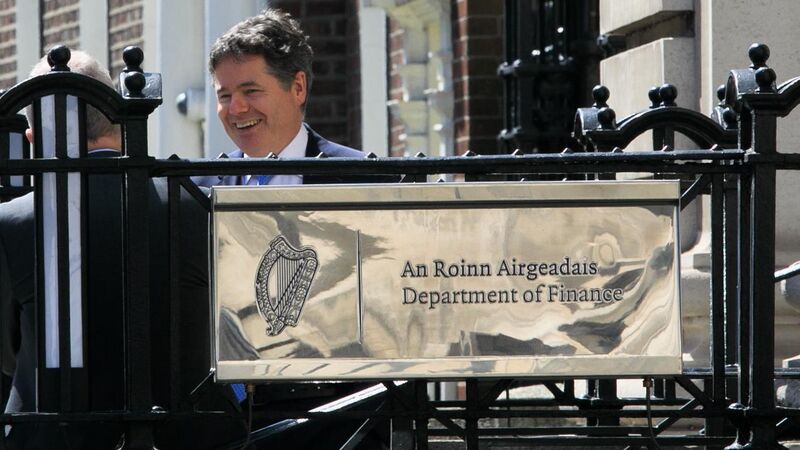Fiscal Council warns €5bn in Covid spending permanently locked in

The fiscal council also said Government supports will be required this year but that "future untargeted stimulus" will not be required if the economic recovery gets underway. Photo: Gareth Chaney/Collins
A report by the Irish Fiscal Advisory Council (IFAC) has slammed the Government for "poorly founded" projections, warning any new spending in the coming years will likely need to come out of higher taxes or from cuts elsewhere.
Ifac's latest fiscal report, Looking Beyond Covid-19, is a judgement call on the economic forecasts published by the Department of Finance last month and reflects its growing exasperation over the way Government goes about planning its budget sums for future years.











